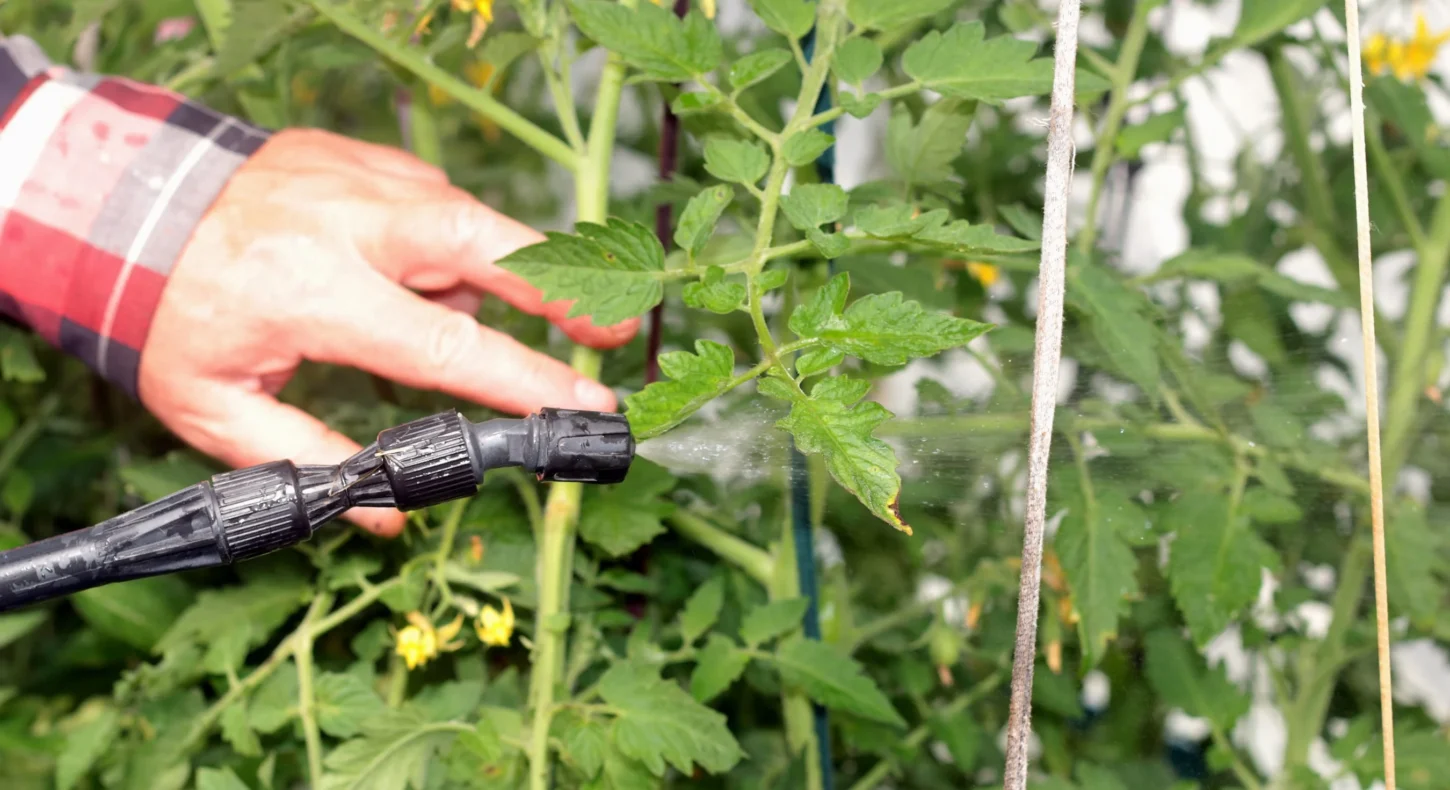In the agricultural sector, Indian farmers face numerous challenges, with pest control being a significant concern. While chemical pesticides have been traditionally used to combat pests, the adverse effects on the environment and human health have led to a growing interest in organic pest control methods. This article delves into the concept of organic pest control and how it can aid Indian farmers in protecting their crops naturally.
Understanding Organic Pest Control
Organic pest control involves the use of natural methods and products to manage and eliminate pests that can harm crops. This approach focuses on maintaining a balance in the ecosystem and avoiding the use of synthetic chemicals.
Challenges Faced by Indian Farmers
Indian farmers encounter several challenges related to pest control, including:
- Resistance to Chemical Pesticides – Prolonged use of chemical pesticides has led to the development of pesticide-resistant pests, making it harder for farmers to manage infestations.
- Environmental Concerns – Chemical pesticides can contaminate soil and water, leading to environmental degradation and impacting the health of surrounding ecosystems.
- Health Risks – Improper use of chemical pesticides can pose health risks to farmers and consumers, highlighting the need for safer alternatives.
Benefits of Organic Pest Control
Implementing organic pest control methods can offer several advantages to Indian farmers:
- Environmental Sustainability – Organic pest control methods are environmentally sustainable, as they do not introduce harmful chemicals into the ecosystem, preserving soil health and biodiversity.
- Healthier Produce – By avoiding chemical residues, organic pest control promotes the production of healthier and safer crops, meeting the increasing consumer demand for organic produce.
- Cost-Effectiveness – While initial costs for organic pest control methods may be higher, they can lead to long-term cost savings by reducing the need for expensive chemical inputs.
Organic Pest Control Methods for Indian Farmers
Indian farmers can adopt various organic pest control methods to protect their crops naturally:
- Crop Rotation – Rotating crops can disrupt the life cycles of pests and prevent the buildup of pest populations, reducing the need for chemical intervention.
- Natural Predators – Encouraging the presence of natural predators such as ladybugs, spiders, and birds can help control pest populations without the use of harmful chemicals.
- Neem-based Products – Neem-based pesticides and fertilizers are effective in repelling and controlling a wide range of pests while being environmentally friendly.
- Biopesticides – Biopesticides derived from natural materials such as plants, bacteria, and certain minerals offer an effective and safe alternative to chemical pesticides.
Implementing Organic Pest Control in Indian Agriculture
The adoption of organic pest control methods in Indian agriculture requires a collaborative effort involving farmers, agricultural institutions, and the government.
- Farmer Education and Training – Providing farmers with access to training programs and educational resources on organic pest control methods can facilitate their adoption and implementation.
- Research and Development – Investing in research to develop new organic pest control solutions tailored to the specific pest challenges faced by Indian farmers can drive innovation in the sector.
- Policy Support – Government policies that incentivize and support the adoption of organic pest control methods can play a pivotal role in promoting sustainable agricultural practices.
Challenges in Adopting Organic Pest Control
While organic pest control offers numerous benefits, it also presents certain challenges for Indian farmers:
- Knowledge and Awareness – Many farmers may lack knowledge about organic pest control methods and their efficacy, necessitating awareness campaigns and educational initiatives.
- Initial Investment – Transitioning to organic pest control may require initial investment in infrastructure and resources, which can be a barrier for small-scale farmers.
- Market Access – Ensuring market access and fair prices for organically grown produce can be a challenge, requiring concerted efforts to create demand and supply chains for organic products.
The Role of Technology in Organic Pest Control
Advancements in technology have paved the way for innovative solutions in organic pest control for Indian farmers:
- Precision Farming – Utilizing precision farming techniques, such as the use of drones and sensor technology, can aid in early pest detection and targeted intervention, minimizing the need for widespread pesticide application.
- Digital Platforms – Digital platforms and mobile applications can provide farmers with real-time information on pest outbreaks, suitable organic treatments, and market opportunities for organic produce.
- Biotechnology – Ongoing research in biotechnology has the potential to develop pest-resistant crop varieties, reducing the reliance on external pest control measures.
The Importance of Soil Health
In the context of organic pest control, maintaining soil health is crucial for sustainable agriculture:
- Soil Fertility – Healthy soils support robust plant growth, making crops more resilient to pest pressures.
- Microbial Activity – Beneficial soil microorganisms contribute to natural pest control by suppressing harmful pests and diseases.
- Organic Matter – Increasing organic matter in the soil enhances its ability to hold water and nutrients, promoting overall plant health and resilience.
The Role of Government and NGOs
Government and non-governmental organizations play a crucial role in promoting and supporting organic pest control measures:
- Subsidies and Grants – Providing financial support through subsidies and grants can encourage farmers to adopt organic pest control methods.
- Knowledge Dissemination – Government and NGOs can disseminate information about organic pest control through workshops, seminars, and extension services.
- Certification Programs – Implementing certification programs for organic produce can help in creating a market for organic products and ensuring consumer trust.
Conclusion
In conclusion, organic pest control presents a promising solution for Indian farmers grappling with pest management challenges. By embracing natural and sustainable methods, farmers can protect their crops while safeguarding the environment and public health. The shift towards organic pest control aligns with the global trend towards sustainable agriculture and offers a viable path for the future of Indian agriculture. While there are challenges to overcome, the incorporation of technology, attention to soil health, and ongoing support from stakeholders, including the government and NGOs, can further enhance the adoption and effectiveness of organic pest control methods, ultimately benefiting the agricultural landscape in India.


